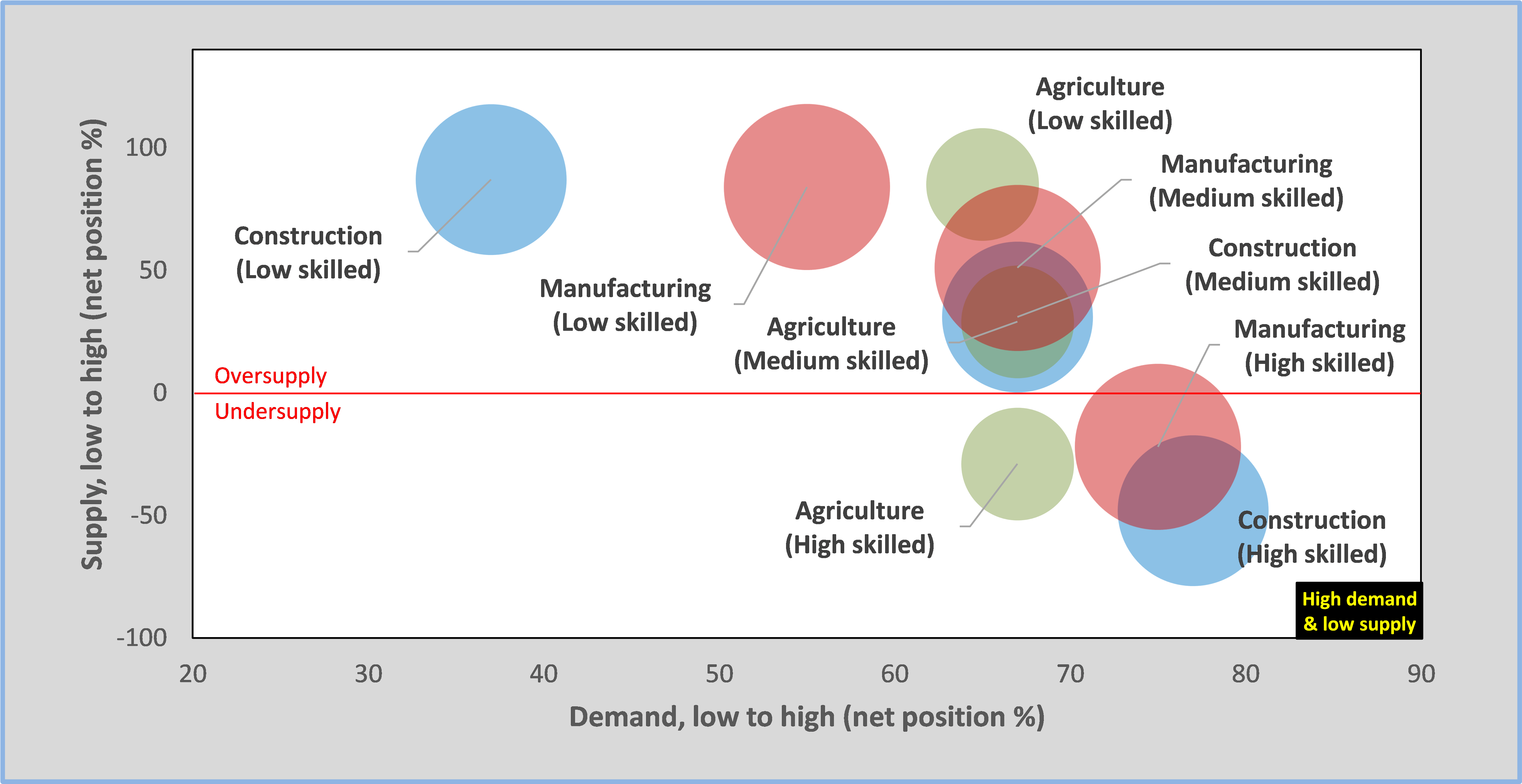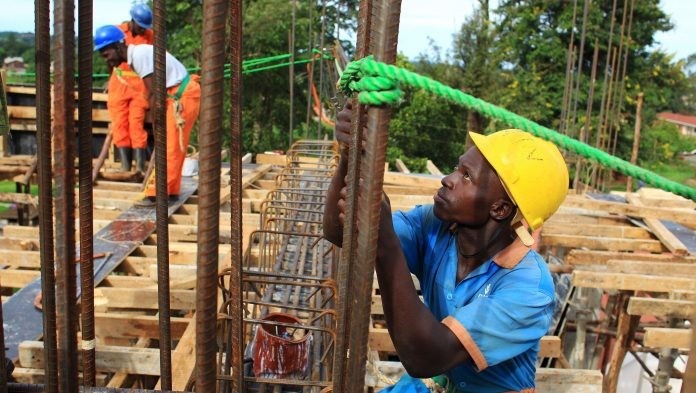Photo Credit: James Akena / REUTERS
Ethiopia is ascending to become an economic powerhouse in Africa, yet, unemployment remains high, particularly among youth and women. Recognising the threat unemployment poses to the sustainability of economic growth, the International Labor Organization (ILO) commissioned Rapid Asia to conduct a labour-market assessment of Ethiopia to identify how to develop and include its rapidly growing labour force better.
When you visit Addis Ababa, the capital city of Ethiopia, you instantly notice an almost endless number of construction projects. In every corner of the city, old structures are being replaced with new ones, and roads are being paved to accommodate the increasing number of cars. It is a stark representation of Ethiopia’s ascendancy as an economic powerhouse in the region.
Despite Ethiopia’s strong economic growth over the past couple of decades, its unemployment rate has remained high. In other words, not all Ethiopians are benefitting from Ethiopia’s success. An often-quoted anecdotal issue is that many employers prefer to hire foreign workers due to their perceived higher skill levels. Such perceptions do exist, but there are more fundamental issues at play.
The assessment covered employers in key growth sectors, including construction, manufacturing and agriculture, and made several revelations. First, a large portion of Ethiopia’s workforce is not well connected to the employment opportunities available. Second, Ethiopian employers struggle when trying to match local worker skills to specific jobs. Third, there is a gender gap within the workforce, and many women do not possess the skills needed for certain jobs. Finally, training across sectors and regions is limited to learn-as-you-go and on-the-job training, thus creating limited opportunities for recognised upskilling.
Whilst there is a broad demand for low-skilled, medium-skilled and high-skilled workers, there is increasing demand and undersupply for medium- and high-skilled workers (Figure 1 below). In other words, despite the continued need for low-skill positions in the agricultural, manufacturing, and construction industries, the future of Ethiopia’s economy will depend on a medium and highly skilled workforce. As construction companies in Ethiopia continue to expand, the demand for engineers, site managers, and electricians will increase. Likewise, in response to growing demand from domestic and international consumers, Ethiopian manufacturers will have an increasing need for skilled employees such as machine and process operators, technicians and mechanists.
 Figure 1. Labour force demand and supply by skill level in Ethiopia
Figure 1. Labour force demand and supply by skill level in Ethiopia
Based on these findings, the labor market assessment made several recommendations for building capacity and upskilling Ethiopian workers, including:
- Developing medium and high skilled workers through increased access to vocational training. As the demand for medium and high skilled workers increases across key growth sectors, the local workforce needs to be better equipped with relevant skills that match future jobs.
- Strengthening the formal recruitment system and educate workers on labour market policy. Currently, employers rely heavily on informal recruitment channels, including drop-ins and referrals. Relatively few employers in Ethiopia make use of formal recruitment services.
- Promoting labour market opportunities in Ethiopia for both men and women. It was evident from the study that women in Ethiopia are employable across key growth sectors. Hence, connecting women to employment opportunities should be a priority.
Just like the strength of a building lies in its foundation, Ethiopia will need a solid and inclusive foundation to continue to grow and prosper. By investing in its local labour force, the country will sustain the successes it has achieved thus far. The complete labour assessment report titled “Labour Market Assessment: Market Trends and Opportunities in the Gulf” can be found here.
If you found this article useful, please remember to ‘Like’ and share on social media, and hit the ‘Follow’ button never to miss an article. You may also want to read this article: Impact of COVID-19 on domestic migrants?
About the authors: Daniel Lindgren is the Founder of Rapid Asia Co., Ltd. a social research and consulting firm based in Bangkok specialising in evaluations for programs, projects, social marketing campaigns and other social development initiatives. David Young is an independent consultant working with Rapid Asia as a member of their expert panel of consultants. Learn more about our work at www.rapid-asia.com

